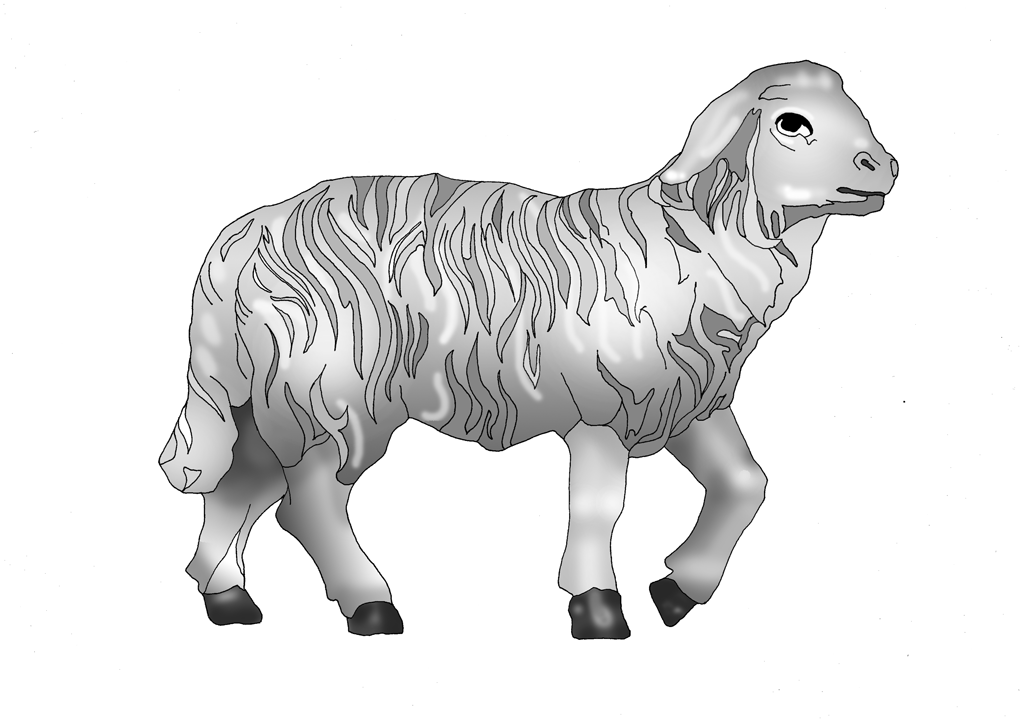Hard-boiled Candy
Lambeth Books' first blog takes a look at the style of writing in its launch title that comes straight from the streets of Brixton, South London.
Q: How hard can hard boiled be?
A: Very hard when it comes to Lambeth Book's launch novel Candy Rising, Book One, the first book to be published in the imprint's Pulp Brixton series.
The author, who wishes to remain anonymous for now, decided way back in early 2013 that Brixton was in need of its own 'super' hero and Candy Rising is the result of this inspiration. The novel will be published by Lambeth Books in three 'books', the first,
Candy Rising, Book One being on sale right now via our website, with the second and third books appearing in 2021. It is the author's first novel.
The novel sees the birth of a new kind of hero. Some might ask what special powers he has that qualify him the title of being 'super' and finding none decide to see him as a rather splendid one instead, others even as a reckless one, others that he is more of an anti-hero, and to others he might not seem to qualify as any kind of hero at all, that rather, on the contrary, he falls far short of their expectations of what a hero should embody. But to some he will gain his heroism as the eponymous invisible man (and I am purposefully drawing attention to Ralph Ellison's award-winning book that won the USA's National Book Awards for Fiction in 1953 and tromped Hemingway's The Old Man And The Sea to win the award) [1]. For indeed he hasn't any special powers, well not anything that he sees as particularly special, but the reader can still see him as a 'super' hero in the simple fact that he has survived against all the odds that are set to work against him, that have kept him down, and our now out to destroy him.
The novel is set around Brixton. An area that has just undergone a decade of rapid and far-reaching gentrification. An area that was once a ghetto, the no-go area of South London, but now has tours for day trippers and tourists, endless eateries to cater for the burgeoning middle-class appetite and shops to fulfil their bourgeois tastes and desires. Some would say that the heart has been ripped out of Brixton, others that it never had a heart in the first place but has one now. It really is a matter of perspective. The time couldn't be riper to see the first book of this launch novel of Lambeth Books published and it will be available to order via our website exactly two years on, to the week, of the opening action in the first book.
Working with the author over the past two years I have got to love Clarence and many of the other characters that you will meet over the three books. Lambeth Books is extremely proud to have had the opportunity to have published his story, which is unique to him and to the manor where he was born, the notorious Angell Town Estate of North Brixton. The author talked to me many times of the ghosts that haunt the estate and if we are lucky enough to take the follow-on books through to publication here at Lambeth Books then maybe we will get a chance to look them in the face and, along with Clarence, sort them out once and for all. The author has already written the next two books of
Candy Rising
and is now working on the follow-up novelettes which will tell of the hero's later escapades and adventures.
So back to my question at the start of this first blog. Candy Rising, Book One sees a return of a particular style of fiction, that of the hard boiled novel, but in a distinct new style. Like the hard boiled fiction of the past and in particular the type that took post-war America by storm in the twenties, forties and seventies, It exploits familiar urban and industrial settings; its heroes, and now heroines, are ordinary people, working alone. [2] And yes, the cities it describes tend to be dark, dangerous places run by corrupt politicians and gangster syndicates. [3]
However, our launch title doesn't meet all of the requisites of this type of 'pulp fiction' in the usual ways and in some ways it could be said that it transcends them. The style of writing is indeed downplayed, and was purposely written so, so as to create a particular feel and tone to the book, yet there are also descriptive and emotive passages that have been employed to extend the depth and charge of emotion and the impact of that emotion upon the events that unfold in the novel. It is violent. It is cruel, but it is also a love story. And although the hero is far from being a private detective, like all hard boiled heroes he is on a personal quest. Readers will certainly want to know what happens next. Raymond Chandler in his seminal essay The Simple Art of Murder [4] explains the over-riding characteristic of hard boiled fiction and its heroes best.
"In everything that can be called art there is a quality of redemption. It may be pure tragedy, if it is high tragedy, and it may be pity and irony, and it may be the raucous laughter of the strong man. But down these mean streets a man must go who is not himself mean, who is neither tarnished nor afraid... The story is the man's adventure in search of a hidden truth, and it would be no adventure if it did not happen to a man fit for adventure. He has a range of awareness that startles you, but it belongs to him by right, because it belongs to the world he lives in. If there were enough like him, the world would be a very safe place to live in, without becoming too dull to be worth living in."
And in Clarence, the hero of our first book, you will find such a man.
The Publisher
Lambeth Books
<< Watch out for our next blogs, coming soon! Triple decker editions and anonymous writers.>>
[1] https://www.nationalbook.org/awards-prizes/national-book-awards-1953/
[2] see https://www.encyclopedia.com/media/encyclopedias-almanacs-transcripts-and-maps/hard-boiled-detective-fiction
[3] ibid
[4] Raymond Chandler's short essay The Simple Art of Murder first appeared in The Atlantic Monthly, December 1944.
Artwork: stiletto heel by James Hannah. (Taken from the front cover of the limited edition of Candy Rising, Book One, designed by Lambeth Books.)


